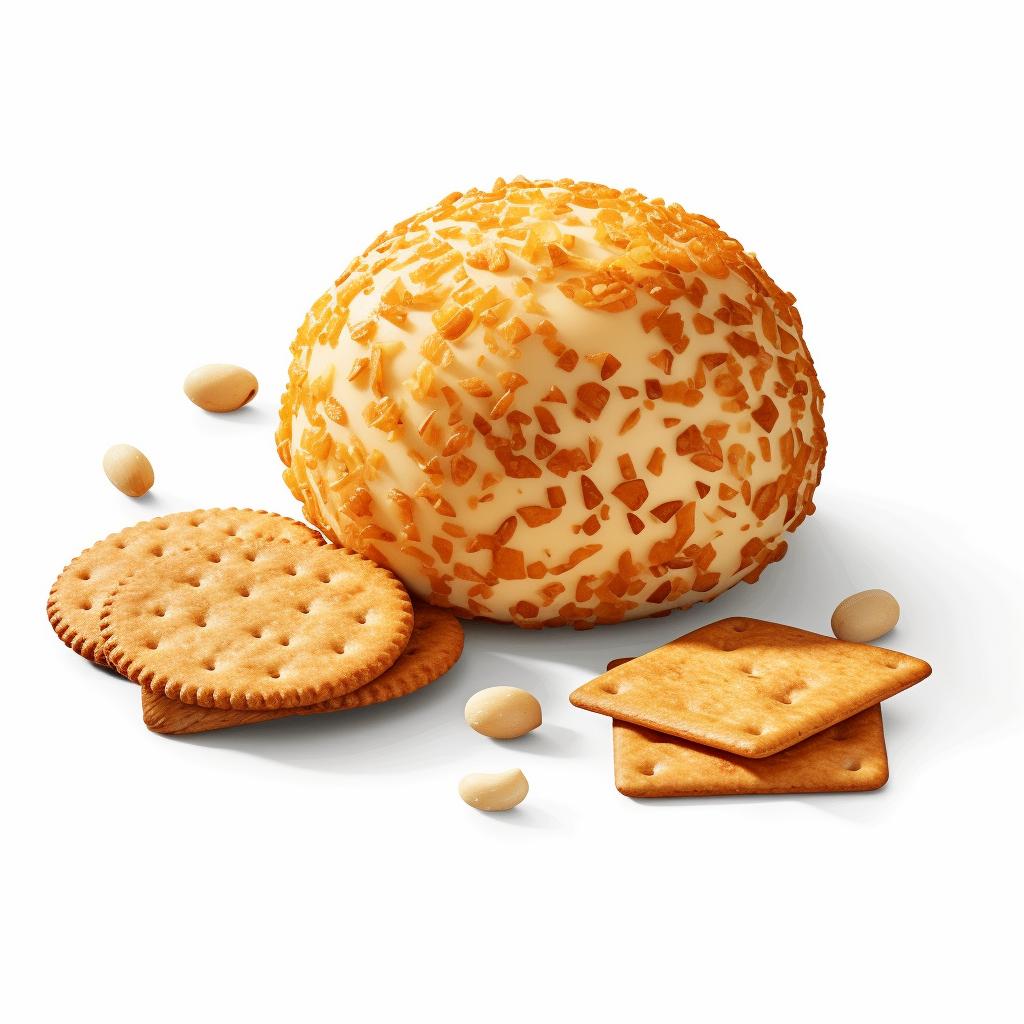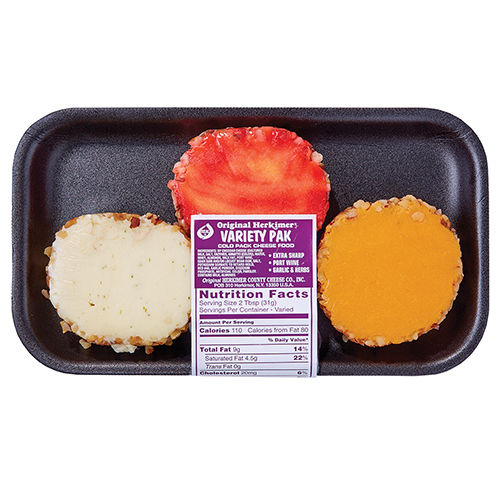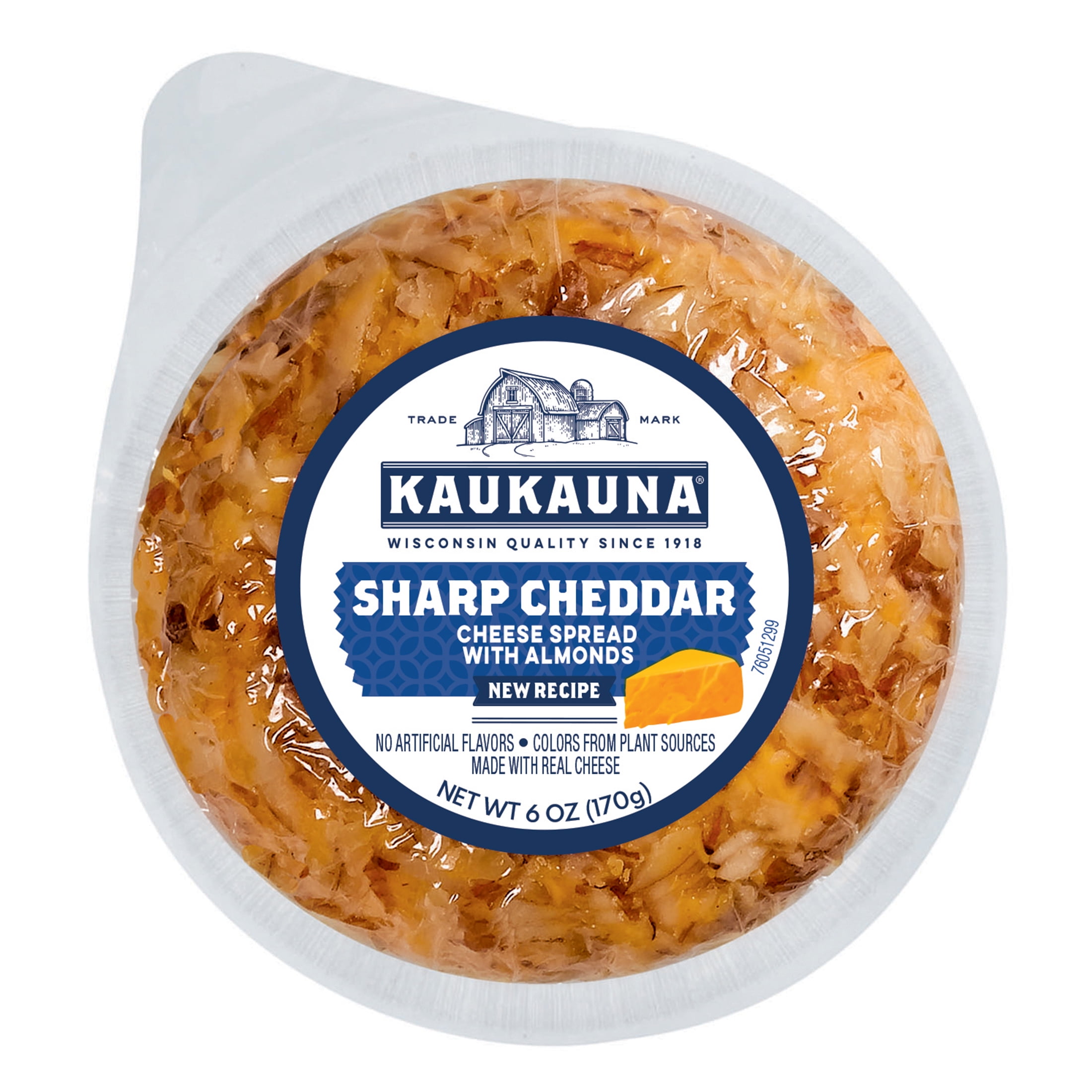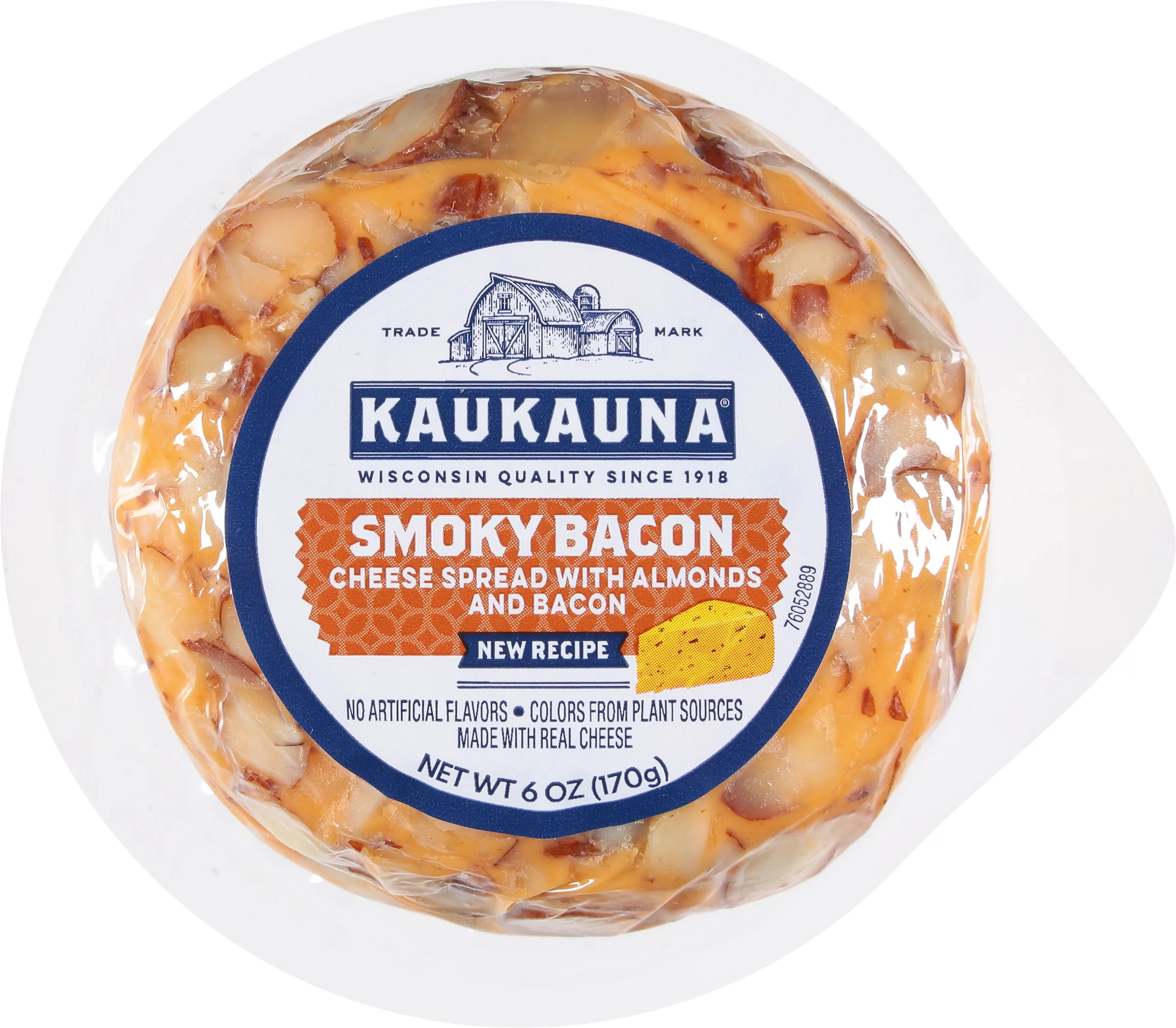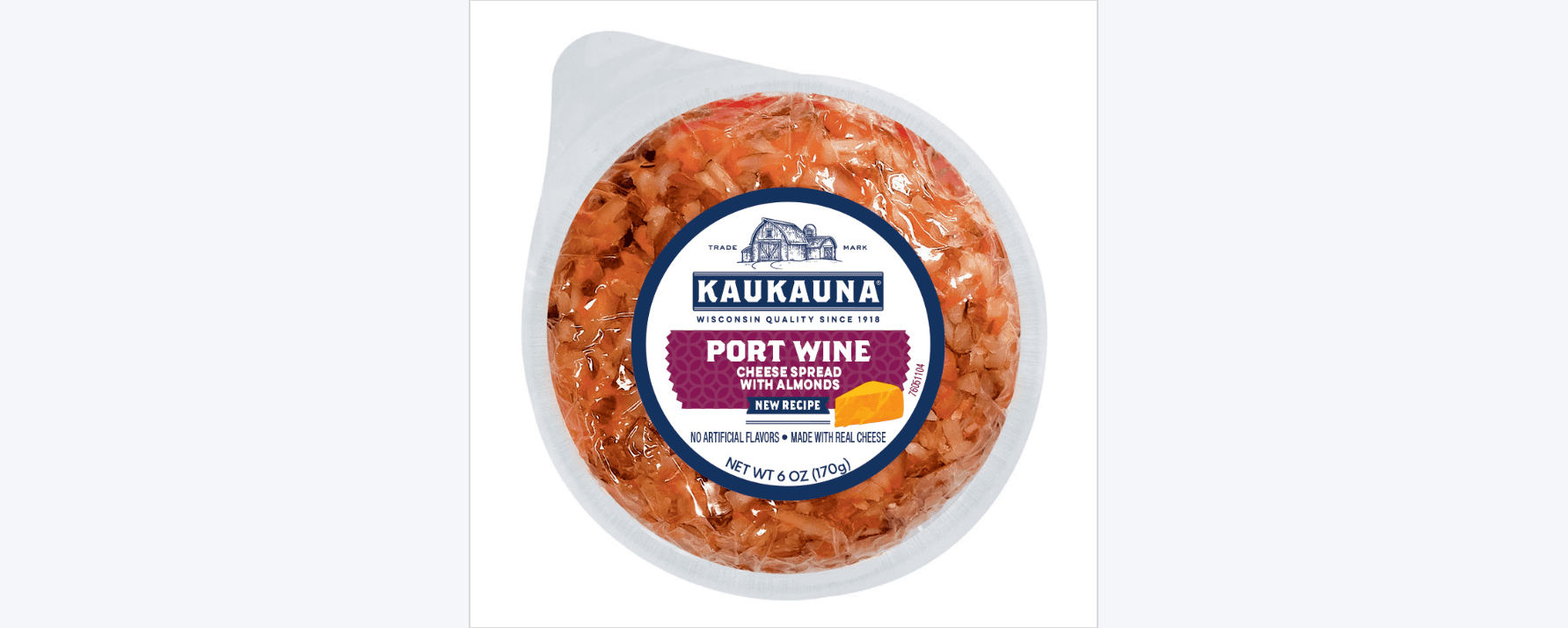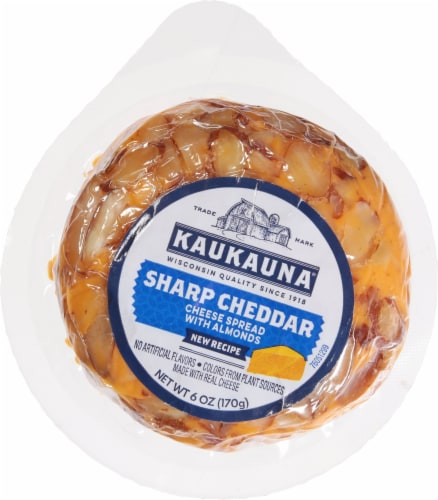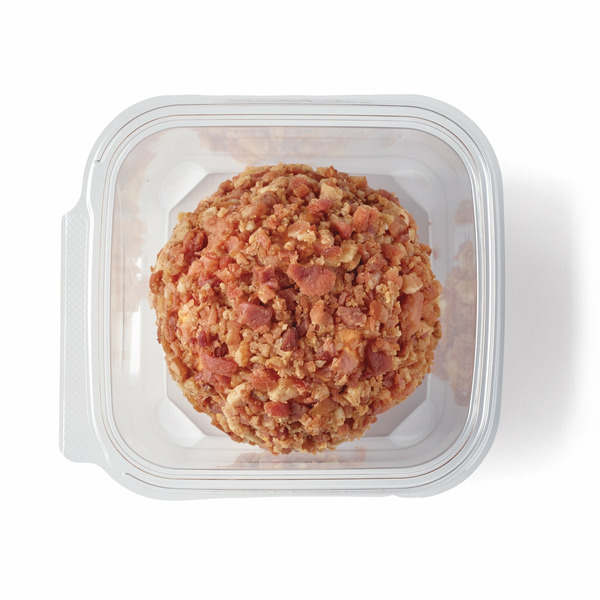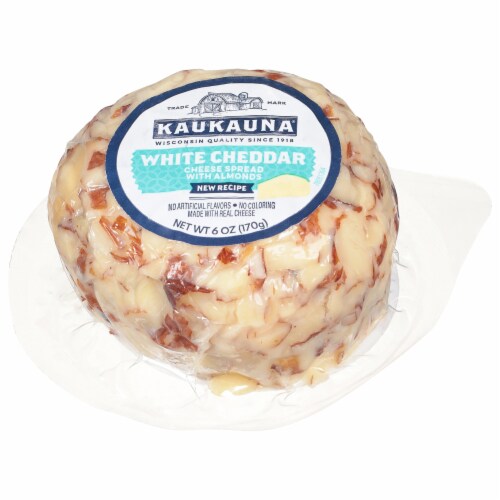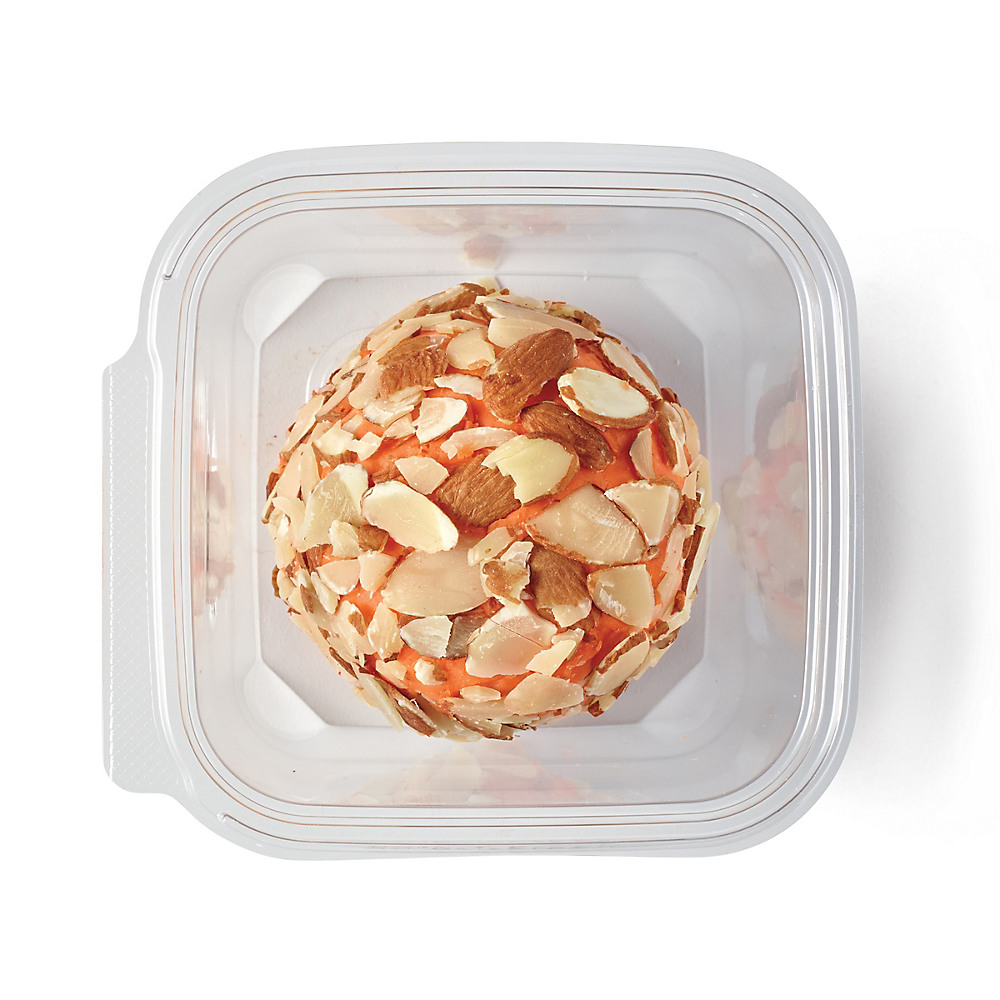Cheese Ball
A cheese ball is a versatile and delectable appetizer, often made from a combination of cream cheese, shredded cheese, and various seasonings. This classic dish can be molded into a desired shape and typically coated with a layer of chopped nuts, herbs, or spices. Cheese balls are widely popular for their creamy texture and can easily be spread onto crackers, bread, and raw vegetables.
Cheese balls are customizable, allowing home cooks to tailor them to their preferred tastes by incorporating different cheese types and seasonings. Common variations include cheddar, blue cheese, and even sweet dessert cheese balls using ingredients like chocolate or fruit. This quintessential party food is a crowd-pleaser and an easy option for festive gatherings.
27%
CARBS
40%
FAT
33%
PROTEIN
Featured Articles
76 Cheese Ball Products
Herkimer Cheese Cheddar Cheese & Nut Variety Circles
Kaukauna Sharp Cheddar Spreadable Cheese Ball With Almonds
Kaukauna Smoky Bacon Clean Label Spreadable Cheeseball, Plastic Wrapped Bag
Kaukauna Port Wine Spreadable Almond Cheese Ball
Utz Easter Mini Baked Cheddar Cheese Balls
Kaukauna Port Wine Clean Label Spreadable Cheese Ball
Kaukauna Cheeseball Sharp Cheddar Spreadable Cheese with Almonds
H-E-B Cheddar Bacon Ranch Bacon Cheese Ball With Pecans
Kaukauna Cheeseball White Cheddar Spreadable Cheese with Almonds
H-E-B Deli Port Wine Cheese Ball – Cheddar Almond
18 Recipes for Cheese Ball
Cheese Ball Is Frequently Used With
Cheese Ball FAQ
What is a Cheese Ball?
What ingredients do I need to make a Cheese Ball?
Can I use different types of cheese in my Cheese Ball?
Do I need any special equipment to make a Cheese Ball?
How long does it take to make a Cheese Ball?
Can I make a Cheese Ball ahead of time?
What can I serve with my Cheese Ball?
How can I prevent my Cheese Ball from being too soft or too hard?
Expiration & Storage Tips
When does Cheese Ball expire?
An unopened, store-bought cheese ball typically has a long shelf life and can easily last 1-2 weeks past the printed date on the package if it is stored correctly. Once opened, the lifespan drops to about 8-14 days. If bought freshly made from a deli, the cheese ball will usually only last about 7 days. For homemade cheese balls, they typically last 1 week if properly stored. When frozen, a cheese ball can last for up to 6 months.
How do you tell if Cheese Ball is bad?
To check if a cheese ball is still good to consume, look for visible signs of mold, particularly blue, green, black, or white fuzz. The presence of such mold strongly suggests that the cheese ball has gone bad. Additionally, notice the smell. If it smells off, somewhat sour, or very different from when you first made or bought it, it should not be eaten. Lastly, if the texture becomes very hard or if it's overly wet, soft, or slimy, these are definite signs that the cheese ball should not be consumed.
Tips for storing Cheese Ball to extend shelf life
• Always store your cheese ball in the refrigerator.
• For everyday use, store the cheese ball in an airtight plastic bag or container to maintain freshness.
• If you're planning to devour it slowly, consider dividing it into smaller, portion-sized balls and wrap each in plastic wrap, storing them in an airtight container in the fridge.
• Freezing a cheese ball is fine but may affect its texture once thawed. To freeze, wrap the cheese ball in plastic wrap, then put in a zip-top bag or airtight container.
• When thawing a frozen cheese ball, do it in the fridge overnight to ensure a slow, even thaw and prevent texture changes
EXPIRES WITHIN
4 - 6
MONTHS
Substitutes
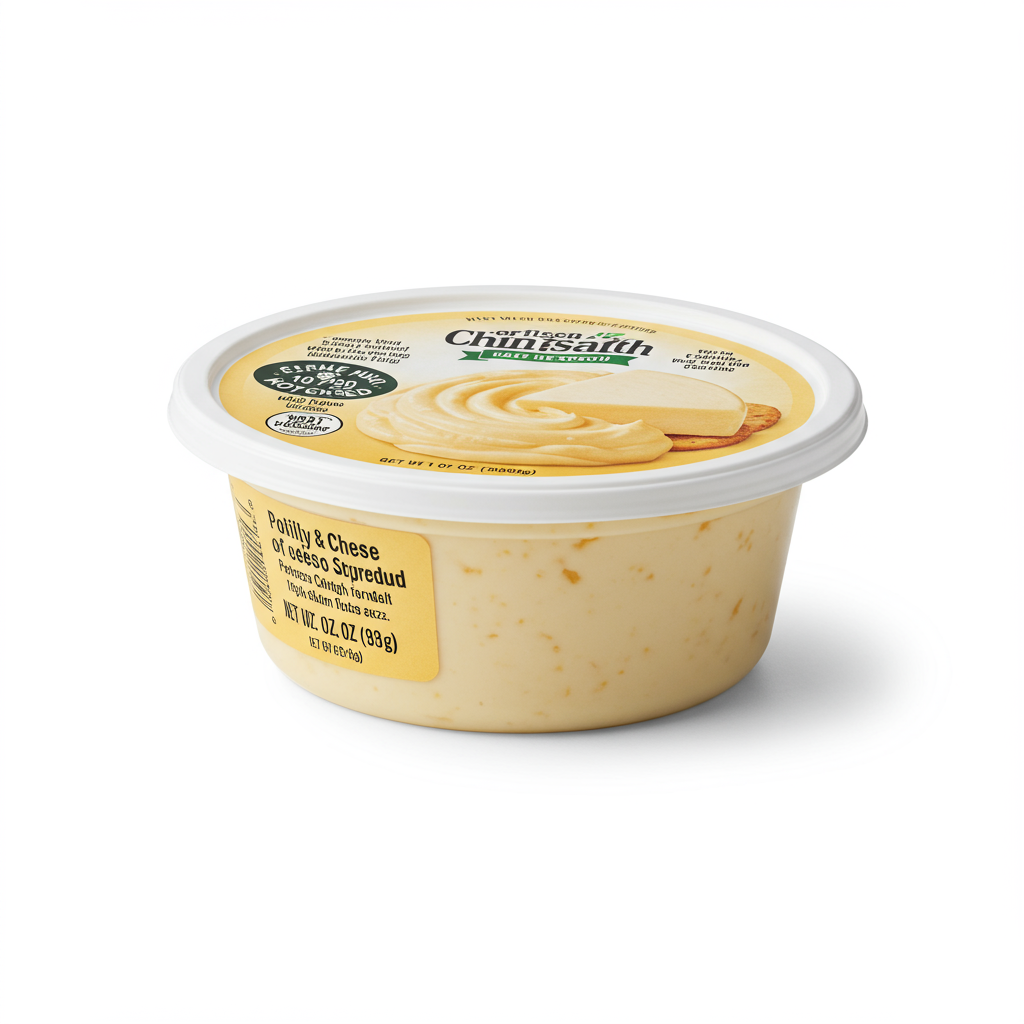
Cheese Spread

Spicy Cheese Spread

Herb Cheese Spread

Pimento Cheese Spread

Bacon Cheese Spread

Cheddar Cheese Spread
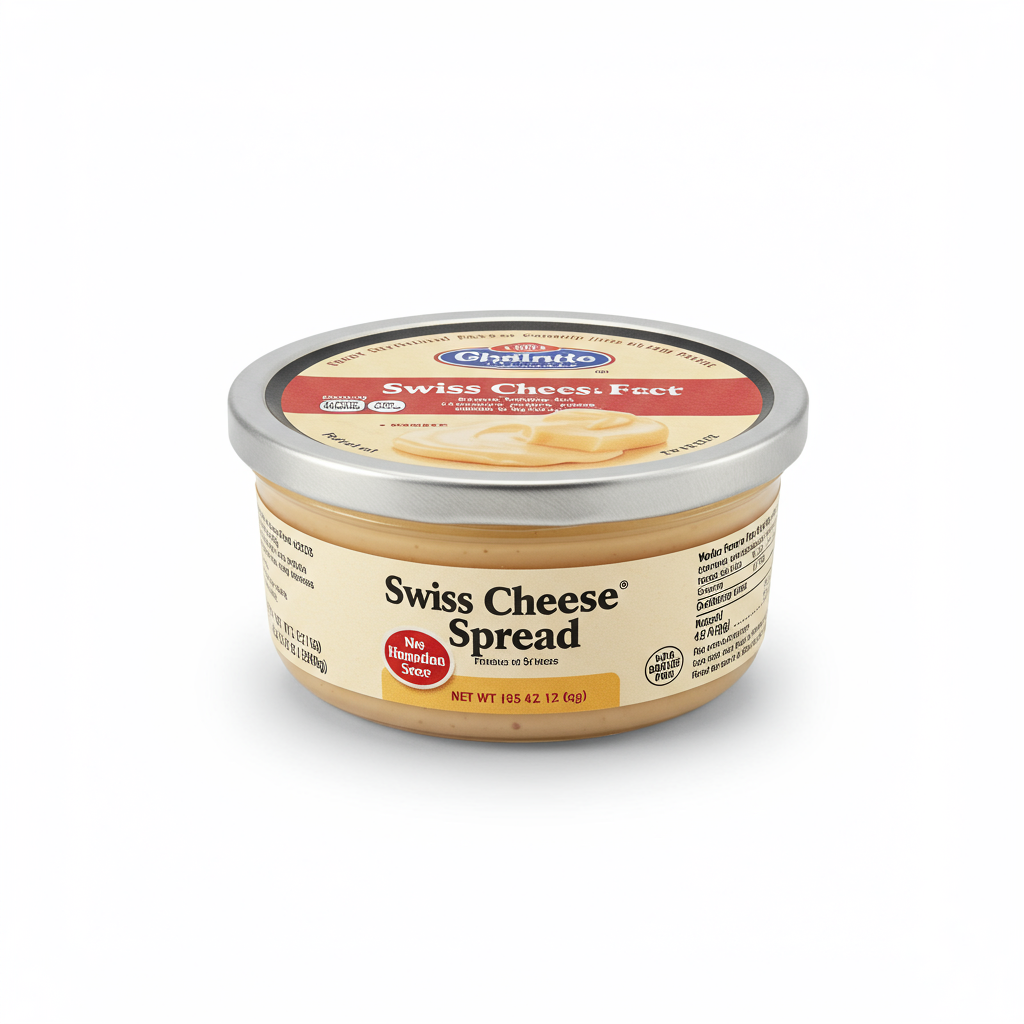
Swiss Cheese Spread

Garlic Cream Cheese

Herb Cream Cheese
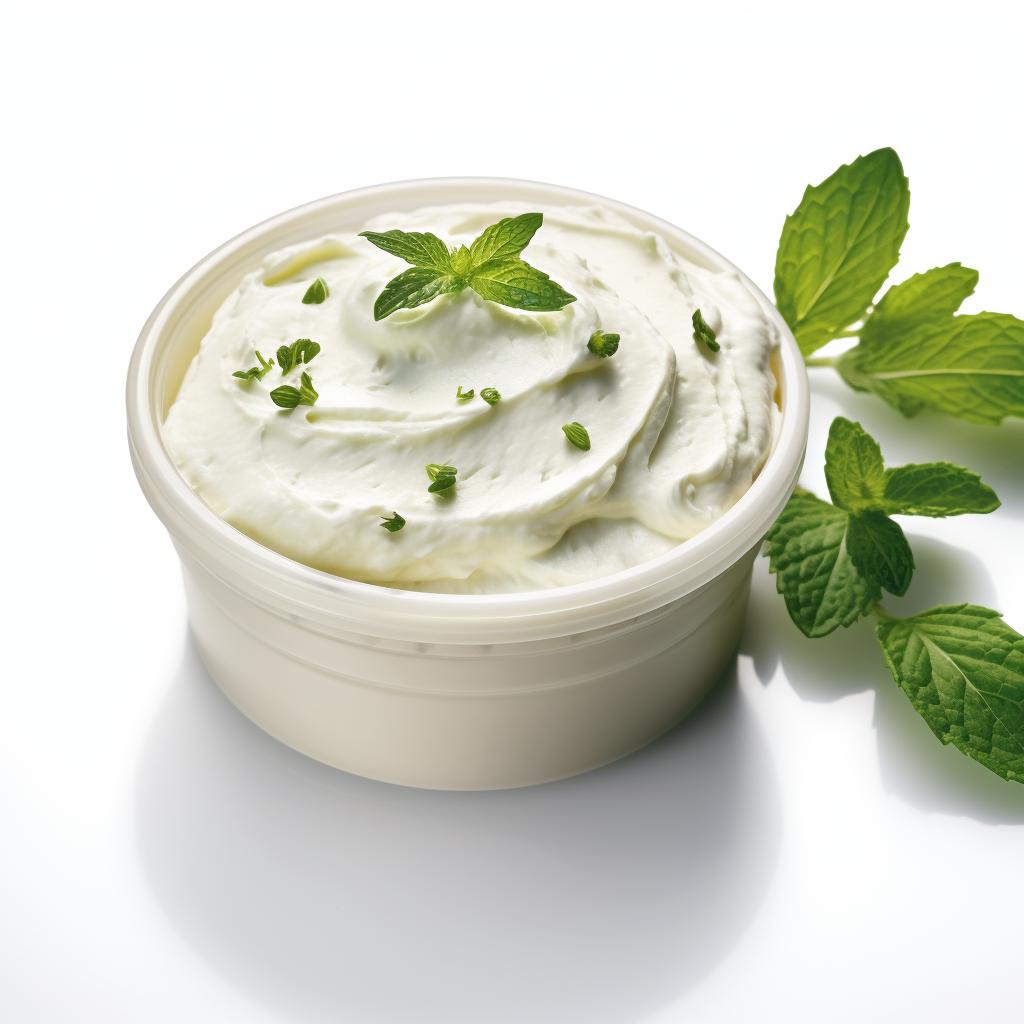
Herb Whipped Cream Cheese
See All
Health Info
Macros
4g
CARBS
7g
FAT
5g
PROTEIN
Allowed on these diets
LOW FAT
HIGH CALCIUM
VEGETARIAN
KETO
MEDITERRANEAN
LOW CARB
GLUTEN FREE
Contains these allergens
MILK
